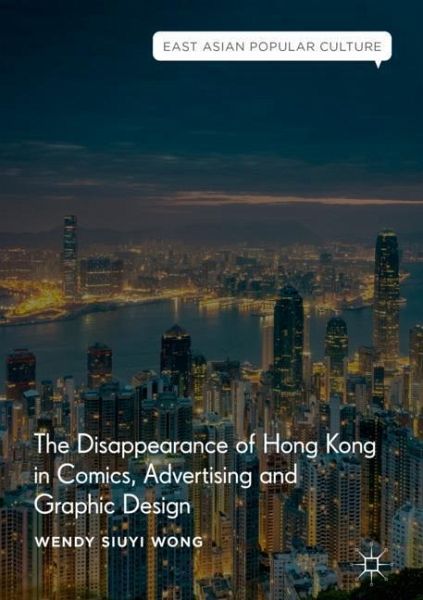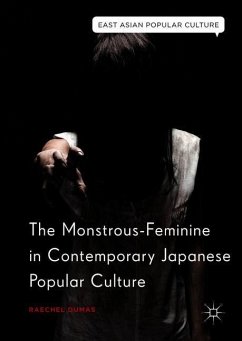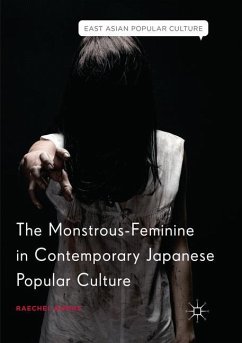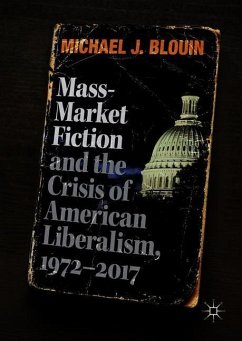
The Disappearance of Hong Kong in Comics, Advertising and Graphic Design
Versandkostenfrei!
Versandfertig in 6-10 Tagen
57,99 €
inkl. MwSt.
Weitere Ausgaben:

PAYBACK Punkte
29 °P sammeln!
This book examines Hong Kong's struggle against the disappearance of its unique identity under the historical challenges of colonialism, in addition to the more recent reimposition of Chinese authoritarian government control, as reflected in three under-researched forms of visual media: comics, advertising and graphic design. Each section of the book focuses on one of these three forms, and each chapter focuses on one stage of Hong Kong's changing cultural identity. The articulative position of this book is on studies of visual cultural history and media communication. Its case studies will br...
This book examines Hong Kong's struggle against the disappearance of its unique identity under the historical challenges of colonialism, in addition to the more recent reimposition of Chinese authoritarian government control, as reflected in three under-researched forms of visual media: comics, advertising and graphic design. Each section of the book focuses on one of these three forms, and each chapter focuses on one stage of Hong Kong's changing cultural identity. The articulative position of this book is on studies of visual cultural history and media communication. Its case studies will broaden readers' own cultural knowledge for a more international understanding. The Disappearance of Hong Kong in Comics, Advertising and Graphic Design advances the development of its three key subjects in terms of identity, communication and cultural politics, aiming to reach a wide range of multidisciplinary readers.












